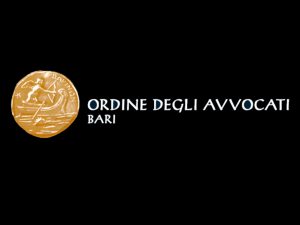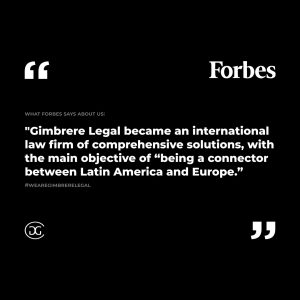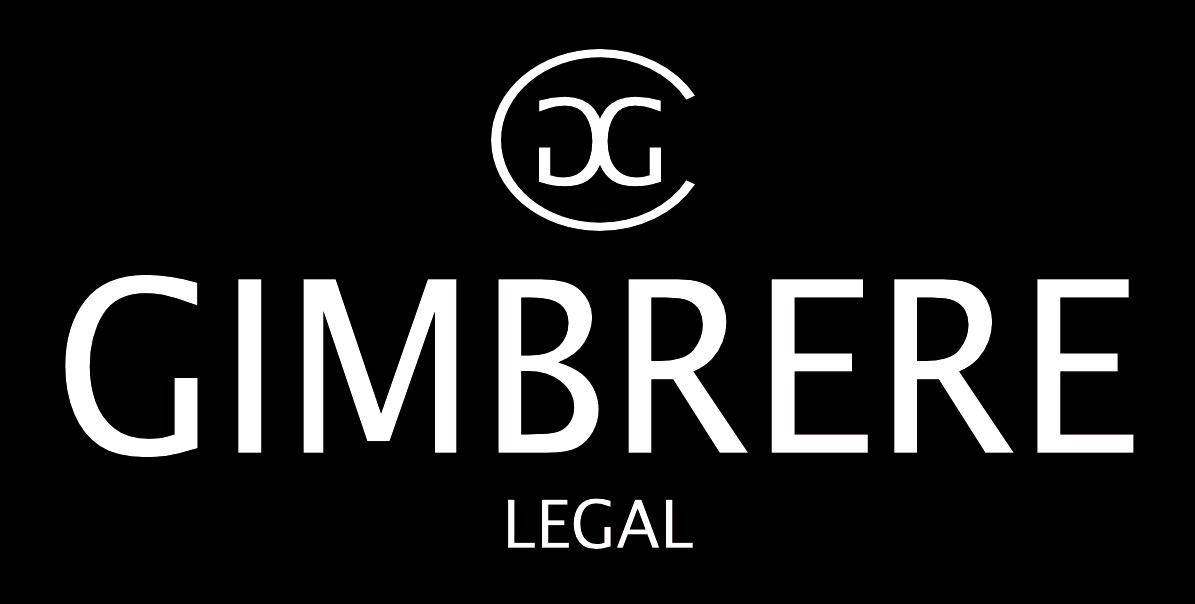You were disowned as a child by your father or mother, now what? Atshould a person die without leaving a will, the law specifies who will be called to the estate as his heirs. If there is a will, it may have deviated from the heirs named in the law. Other individuals or charities, for example, may be designated as heirs. As a result, those named by the law may no longer be heirs: they are disinherited. A will may also explicitly exclude one or more persons as heirs. For example, a daughter with whom there is no longer any contact.
Legitimate portion
The consequence of disinheritance is that the disinherited person lacks the rights that an heir has. Thus, he has no right to inspect the entire will. And does not participate in the distribution of the estate. However, the law provides protection: the so-called
legitimate portion
. Children who have been disinherited, and sometimes grandchildren, can appeal as legitimizers. This does not apply to other disinherited persons such as a spouse, sibling or (grand)parents.
In principle, the size of a legitimate portion is half the value of the inheritance to which one would have been entitled as an heir. The legitimate portion is a claim to a sum of money; there is no right to property of the deceased. A legitimate portion is not automatically awarded. It will have to be called upon. The way is not regulated. But to prove a timely appeal, it is advisable to do so in writing and by registered mail to the person in charge of benefits. That will be the executor or, if there is none, the heirs.
A claim for a legitimate portion must be made no later than five years after the testator’s death. If one lets this period pass, the right is forfeited, even if one did not know of the death. An interested party, such as an heir, can also set the legitimizer a reasonable time limit. A deadline by which he must make known whether or not he is claiming the legitimate portion.
Bequest or donation
Is there any other acquisition from the inheritance, such as a bequest, or a gift previously received? If so, invoking the legitimate portion may be detrimental. This is due to the fact that, in principle, these acquisitions are deducted from the legitimate portion. If these acquisitions were greater than the legitimate portion, and these acquisitions must be deducted from the legitimate portion under the law (this does not apply to all acquisitions), then it is advisable not to claim the legitimate portion.
Have you been disinherited or have a question on this topic? If so, please contact one of our inheritance law specialists. Or call 076-5140505.







